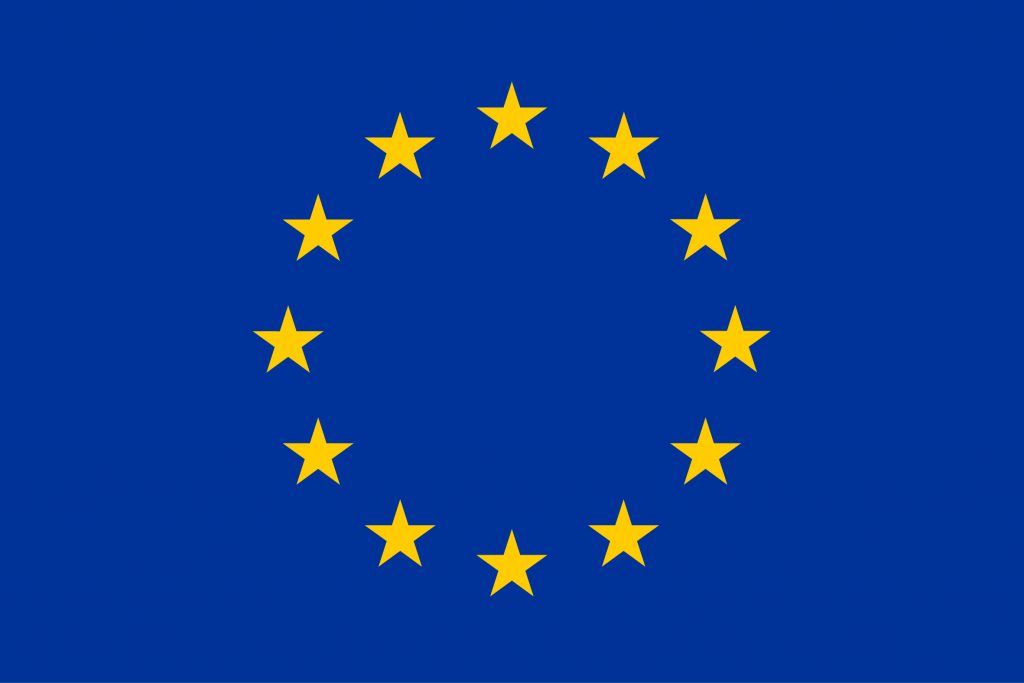ABOUT US
Cities2030
Cities2030 fosters the co-creation of resilient, sustainable, and innovative urban food systems
within the framework of FOOD2030. Employing a multi-actor approach, the project designs progressive policies, formulates action plans, and orchestrates experiments involving researchers, companies, public authorities, civic societies, and citizens.
Consumer choices have the power to guide sustainable shifts in the market. Food system stakeholders engage in a transdisciplinary Alliance and an interactive learning journey that empowers city leaders, researchers, entrepreneurs, and experts to collaboratively construct a citizen-centred model.
An Observatory is established to perceive the urban food system as an interconnected entity, weaving scattered initiatives into comprehensive policies and pioneering
strategies. Furthermore, technologically advanced, and exploitable tools are devised to bolster innovation in the food chain.
Operating through result-driven CRFS Policy and Living Labs, the project propels policy enhancements and innovations, steering leadership towards investments that facilitate a sustainable CRFS transition.
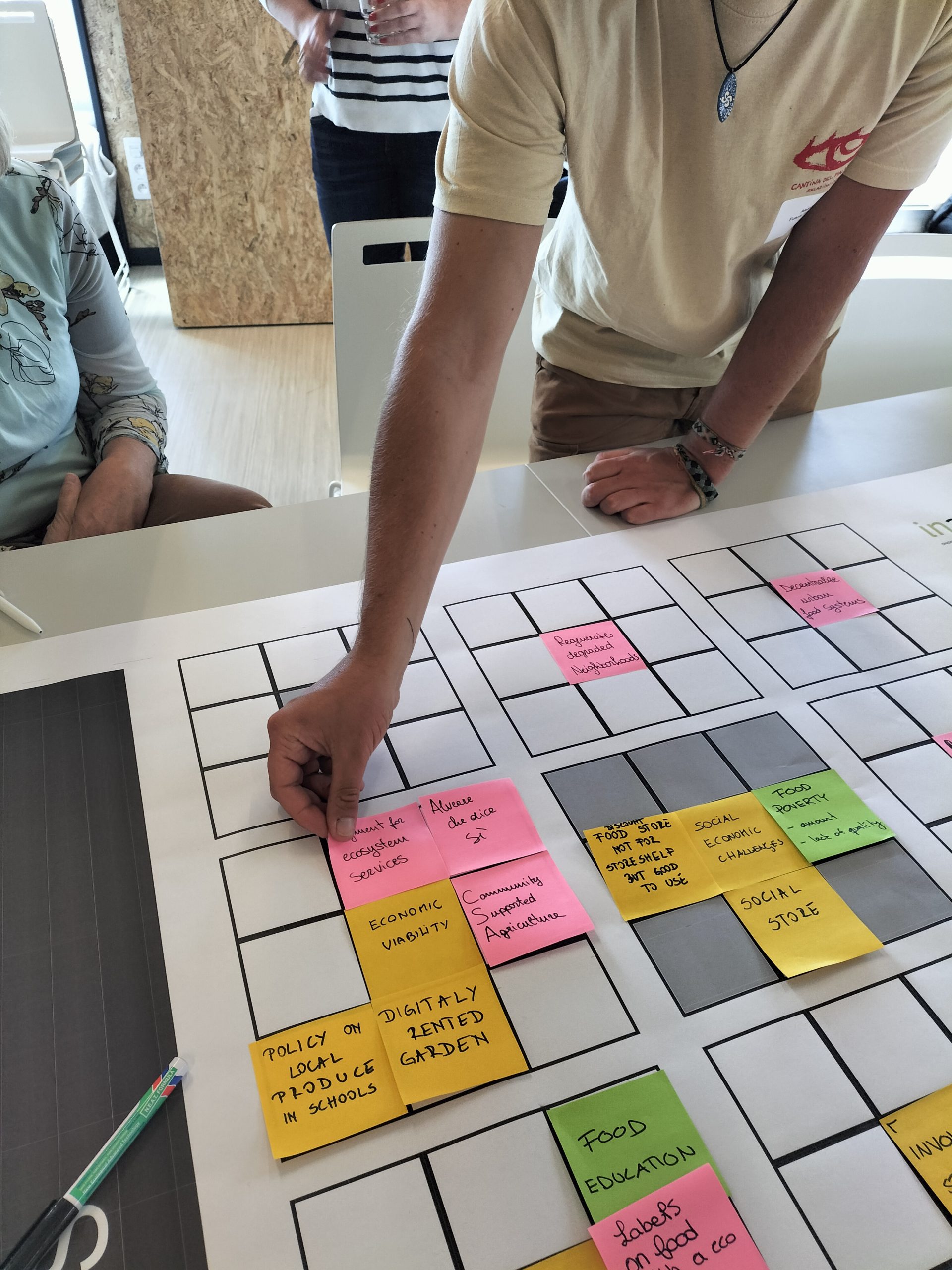
Latest news
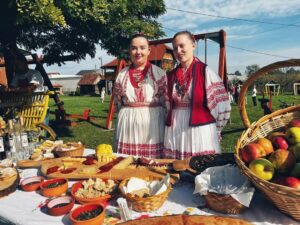
Cities2030 Food Festival in Croatia
Day 2 and 3 of the Food Festival in Croatia, 26th and 27th of September, took place at the charming Etno Village “Novo Čiće,” filled with culinary experiences, educational workshops, and hands-on activities.
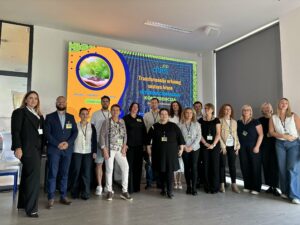
Experts at the Cities2030 International Conference in Croatia on the transformation of urban food system
International conference “Transformation of the Urban Food System” brought together experts from Croatia and abroad as part of the final event in Croatia. The goal of the conference was to present solutions that can improve the sustainability and resilience of food systems in urban areas.
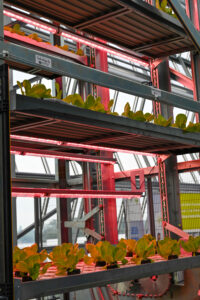
Inagro Takes First Innovative Vertical Farming Tower into Use at Agrotopia
With the inauguration of an innovative vertical farming installation designed by Urban Crop Solutions, Inagro is taking a significant step toward the future of greenhouse
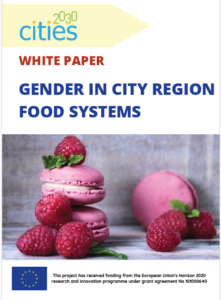
Unlocking Cities2030 Insights: Explore Ethics, Gender, and RRI in Food Systems with Our New ChatGPT Tool
We are excited to introduce a groundbreaking way to access key insights from the Cities2030 white papers through an innovative custom ChatGPT tool. This tool allows

Cities2030 Observatory: A Digital Tool for Sustainable Urban Food Policies
The ‘Cities2030 Observatory’ web platform, part of the Cities2030 project, is designed to support policy development for city region food systems (CRFS) across Europe and

New SDGs Tool for Sustainability and Innovation of the Food System: An Integrated Approach for Businesses and Citizens
An innovative tool called the “SDGs Tool for Sustainability and Innovation of the Food System” has recently been developed to promote sustainability and innovation in
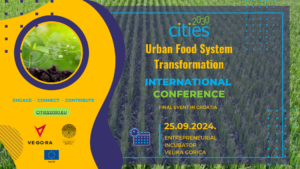
[INTERNATIONAL CONFERENCE] Urban Food System Transformation – Final event in Croatia
Velika Gorica LAB invites you to the final international conference “Urban Food System Transformation” as part of the Horizon2020 Cities2030 project. Join us and be a part of the changes leading towards a more sustainable future! Conference Languages: Croatian and English – translation provided
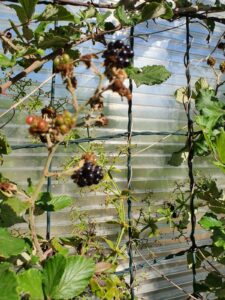
The first results of the research-action project CAJAU are out and they are worth the look !
In 2023, the Cité de l’agriculture launched a research-action project named CAJAU in partnership with 4 local urban agricultural places. CAJAU aimed to understand how
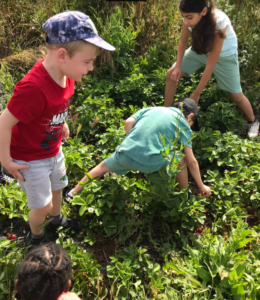
Capri urban farm, from an innovative experiment to a public space rooted in itsneighborhood
Since its construction in 2019, the Capri urban farm has become a precious island of nature,a place to live, meet, produce vegetables, study and share.As
Cities2030 Consortium
A broad, integrated, and transdisciplinary consortium comprising 41 partners and 3 linked parties, coordinated by the University of Ca’ Foscari of Venice, is currently developing the Cities2030 project, for the co-creation of resilient, sustainable, and innovative urban food systems within the framework of FOOD2030. Universities, research centres, cities, regions, development agencies, cultural and social associations, companies and experts, active in the FOOD SYSTEM are actively co-operating with the main goal to innovate FOOD POLICIES and sustainable PRACTICES, advacing new
patterns, techniques and digital. The Consortium is experimenting with new governance models, placing consumers in the core of their actions to improve the sustainability of pilot CRFS (City Regions Food Systems) and evolve the pilot Living Labs, assuming to reach 50 CRFS LABS willing to follow the project and its results.
Vision
The project Cities2030 envisions a future where city-regions worldwide embrace sustainable, healthy, and inclusive food systems. Aligned with FOOD 2030, the New Urban Agenda, and SDG 11, it pioneers policy solutions, using multi-actor participation and system thinking. CRFS LABS are hubs for evidence-based policy-making. Action plans, co-designed by government departments, align with FOOD 2030 goals. Digital tools enhance efficiency. An Alliance and expert groups drive policy innovation. Over 50 CRFS Labs form a global network, advocating for sustainable food systems. The project promotes behavioural change for healthy diets, responsible production, and consumption, fostering long-term transformation.
Approach
Cities2030 promotes citizen engagement, transforming passive consumers into motivated change agents through a trusted City-Region Food System (CRFS). This approach fosters connections within the rural-urban context, addressing the entire value chain from production to waste management. It advances dynamic relationships between livelihoods, economic development, food security, nutrition, social inclusion, equity, and resilience within a multi-scale framework encompassing economic, environmental, and social conditions. Cities 2030’s approach is built on these principles, aiming for holistic, sustainable urban food systems.
Results
Over a span of four years partners worked on developing labs, conducting a series of experiments and creating smart-tools aimed at enhancing policies and practises within the CRFS. Within a large actionable, deployable and transferable result framework, the following key results are achieved:
CRFS Alliance
The CRFS Alliance is a network of actors and stakeholders, encompassing the food value chain. It operates as a community of practice and as a platform for know-how exchange
CRFS Observatory
The CRFS Observatory is an open-access platform where users can readily access comprehensive information, studies, policies and food-related data.
CRFS Labs
CRFS policy and living labs have been developed to introduce innovative policies and to facilitate the co-creation and the testing of sustainable innovative solutions.Explore the outcomes of these labs on the community platform
City-scale pilots
A series of city-scale pilots have been initiated to test the proposed frameworks and to extraxct valuable insights for their validation
Systems thinking
An innovative and tailored System Thinking methodology to collaboratively address problem-solving challanges in the food sector with a specific focus on CRFS dimention will be introduced
Data-driven CRFS
Smart Tools, including cradle-to-cradle data-driven solutions and Digital CRFS Management Platform based on Blockchain Technology are designed and delivered

